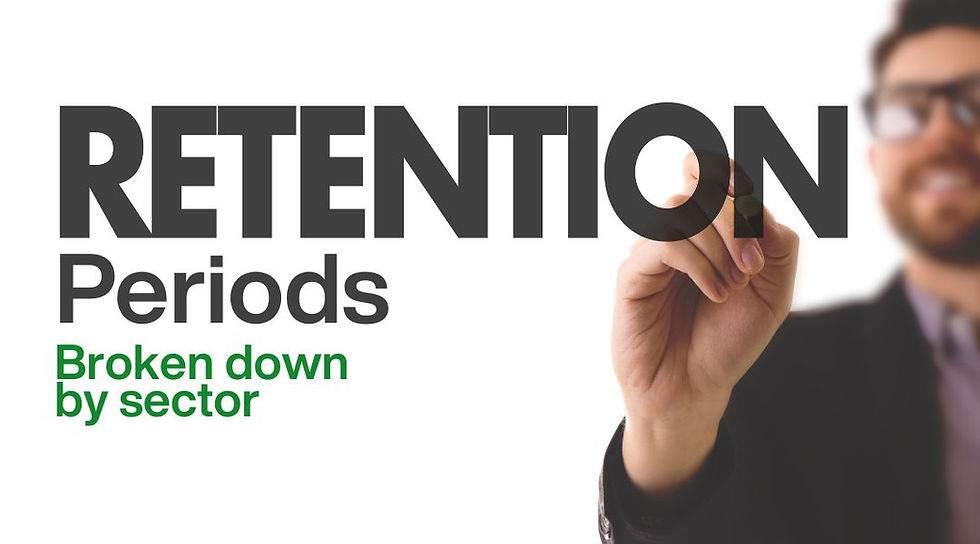Trust Lost: What the UK Government’s Delayed Data Breach Review Teaches Us About Document Security
- Maryna Farrell
- Sep 19, 2025
- 2 min read
A Shocking Delay and Its Consequences
In August 2025, the UK government finally published a major Information Security Review - a review conducted in 2023 examining 11 serious public sector data breaches. These incidents spanned agencies such as HMRC, the Ministry of Defence, the Metropolitan Police, and the benefits system, and even involved the personal data of vulnerable groups like former Afghan interpreters, abuse victims, and disability claimants.However, the review was kept under wraps for 22 months, only released after sustained pressure from Dame Chi Onwurah's Science, Innovation and Technology Committee and the Information Commissioner.

Among the review's findings were systemic failures across departments:
Poor controls over ad hoc data exports
Sensitive data sent to the wrong email recipients
Hidden personal data embedded in spreadsheets intended for public use
While 12 of the 14 recommendations were partially implemented, critics demanded full adoption - highlighting how even sensitive information about people’s lives was put at risk due to outdated, unstructured document systems.
Why This Matters to Public Sector Organisations (and Beyond)
If breaches of this magnitude can happen at the government level, any organisation—especially those handling legal, healthcare, or public service records—is potentially vulnerable. When document control is weak, risks multiply:
Compliance failures (GDPR, FOI, local governance)
Extraction errors that expose sensitive data
Delays in access during audits or subject access requests (SARs)
Reputational damage, as seen with the Afghan data exposure
MDSS: Stronger Document Handling for a Safer Future
At MDSS, we’ve developed systems that sidestep these exact issues:
Secure and Audited Scanning: We digitise physical files with secure collection, chain-of-custody, and encrypted delivery. Manual mishandling becomes a thing of the past.
OCR & Structured Indexing: Files are made searchable and easy to retrieve, avoiding spreadsheet chaos and reducing the risk of misdirected or hidden information.
Compliance-Ready Practices: Our workflows ensure GDPR/FOI traceability. We help you respond rapidly to data requests or audits, with no dangerous delay.
Document Access Governance: We establish access logs, permission controls, and monitoring - minimising risk from internal or accidental exposure.
Don’t Let a Data Leak Define You
If even the government can stumble over document mismanagement, the takeaway is clear: structured and secure document digitisation is no longer optional - it’s essential.
Let’s help you transform your archives into compliant, future-ready assets - before scrutiny finds you unprepared.



Comments